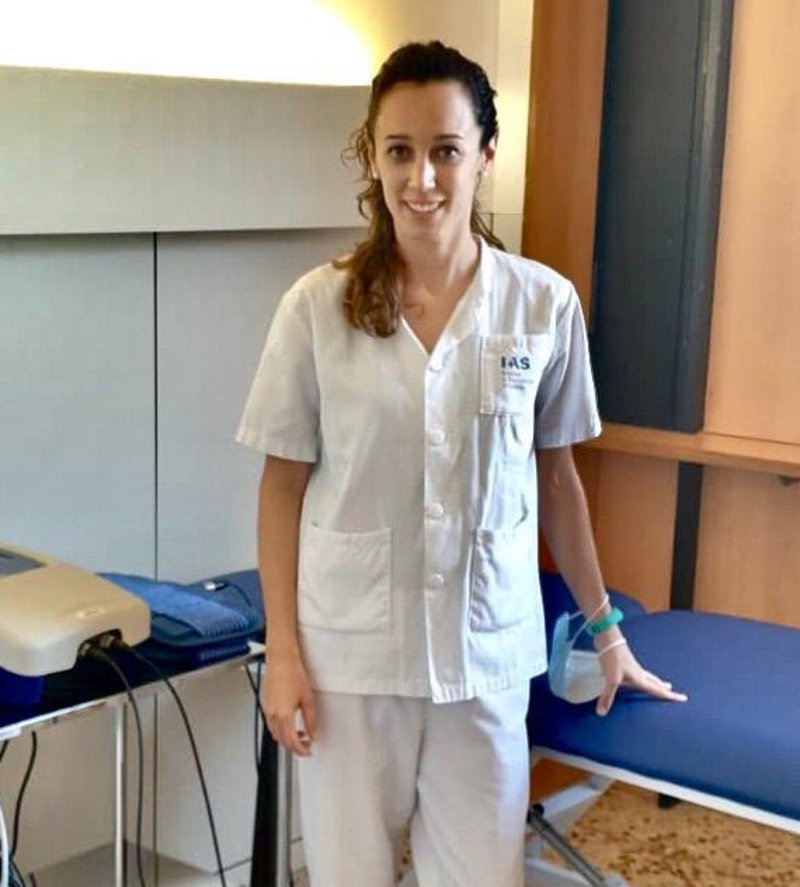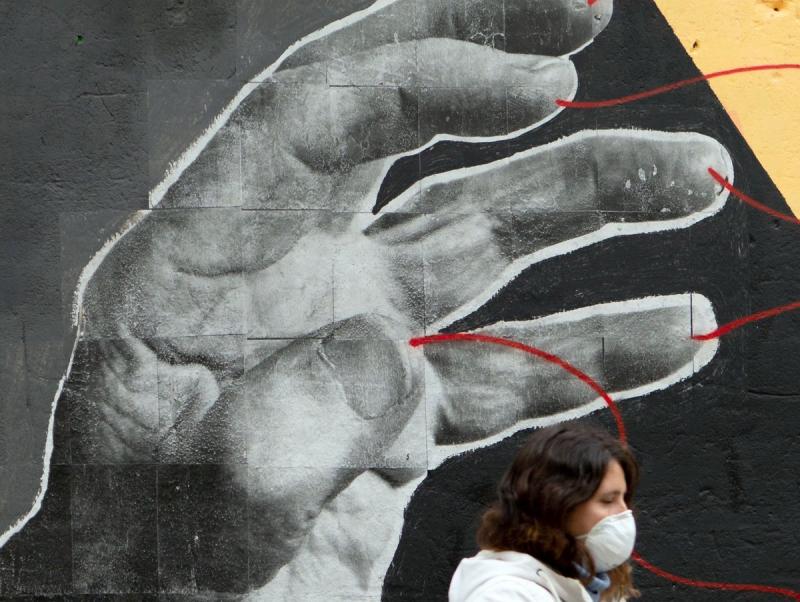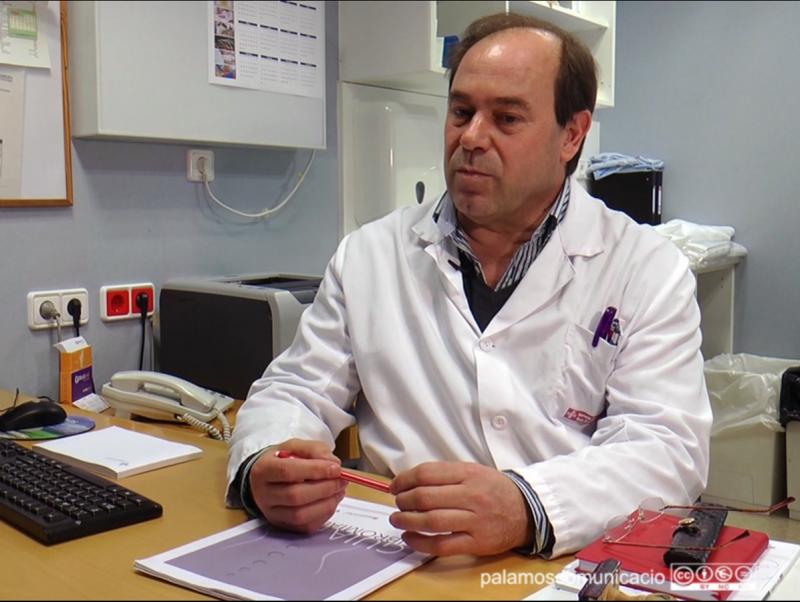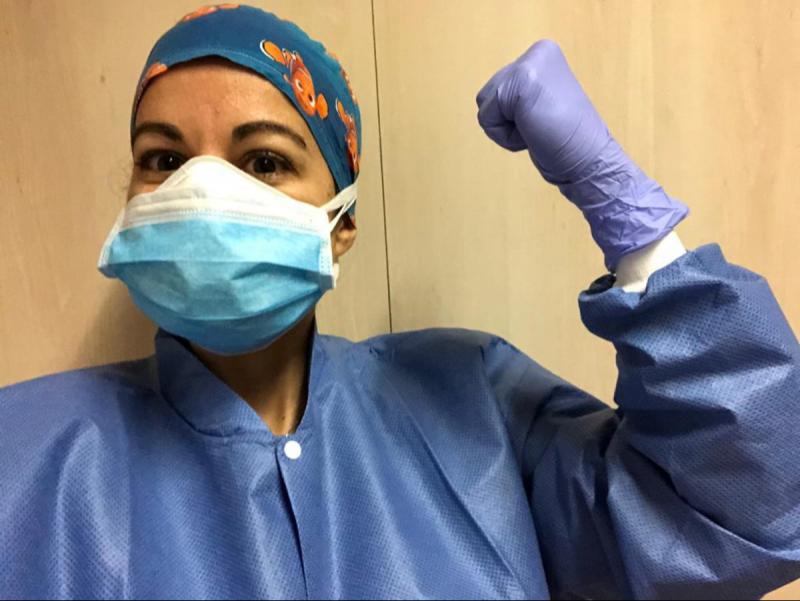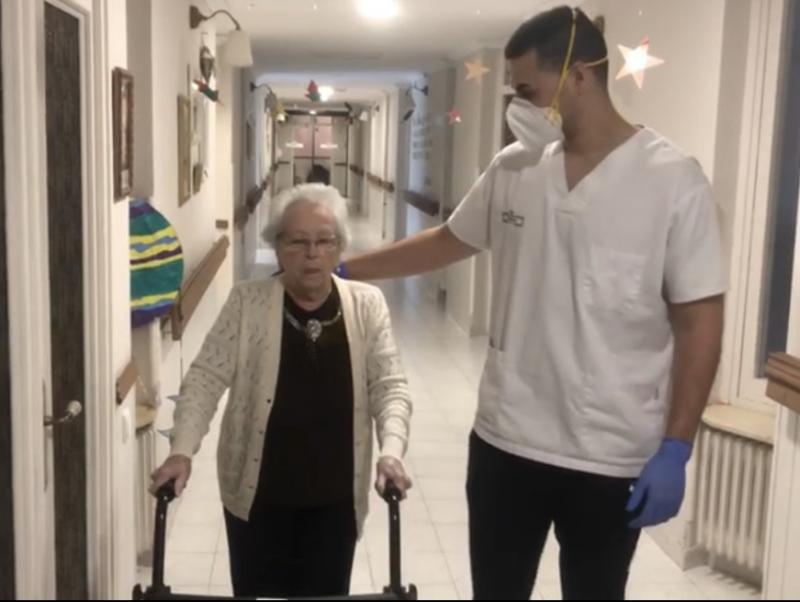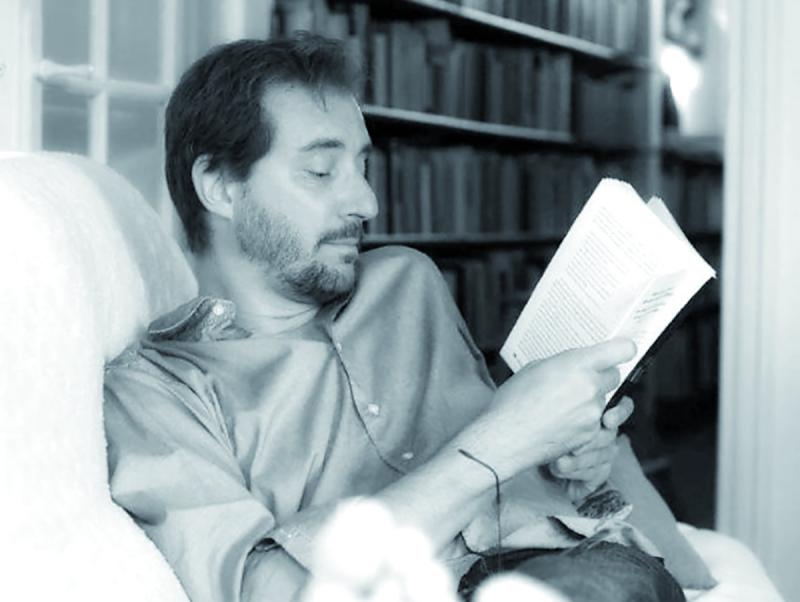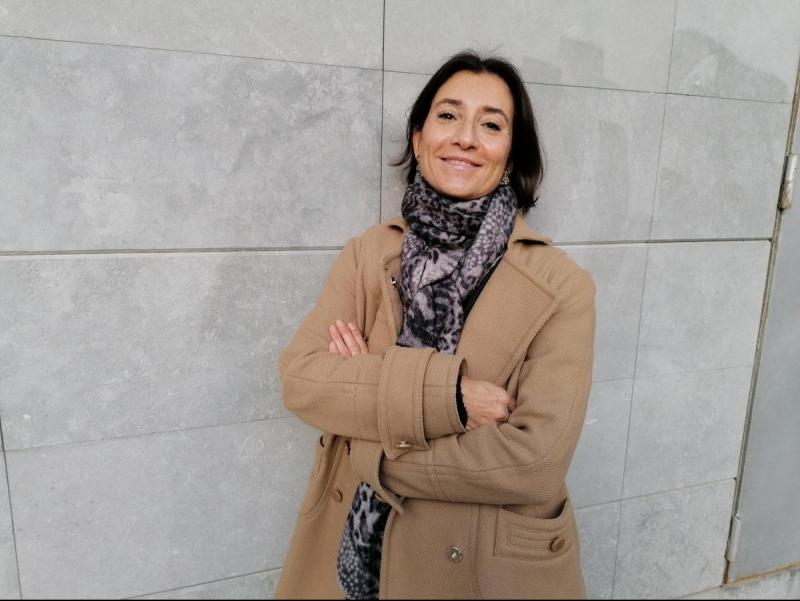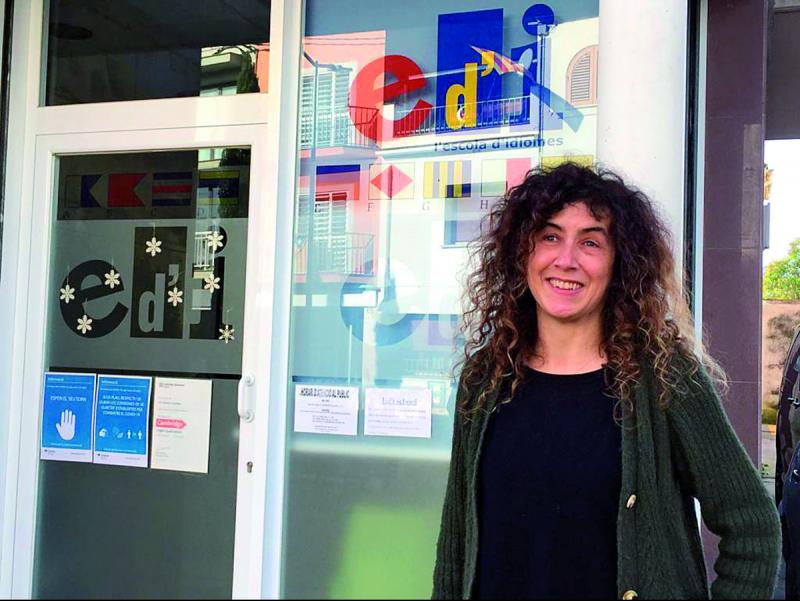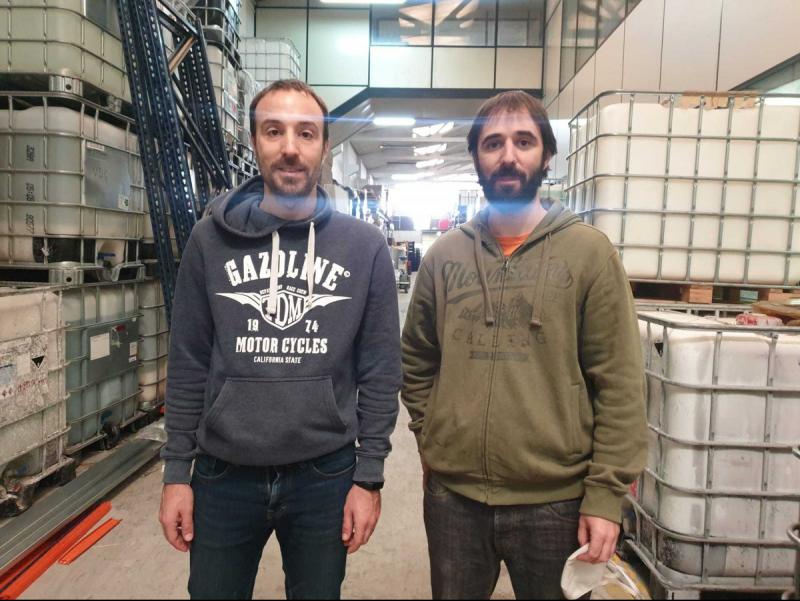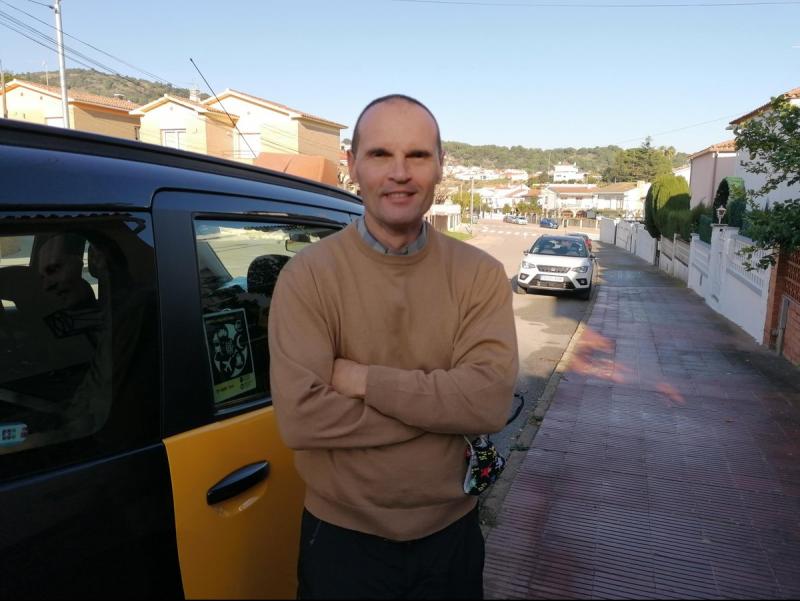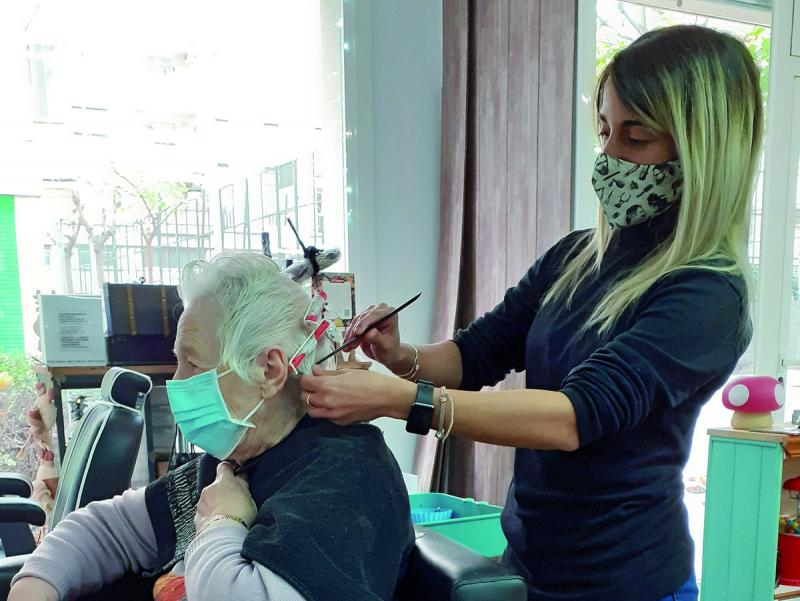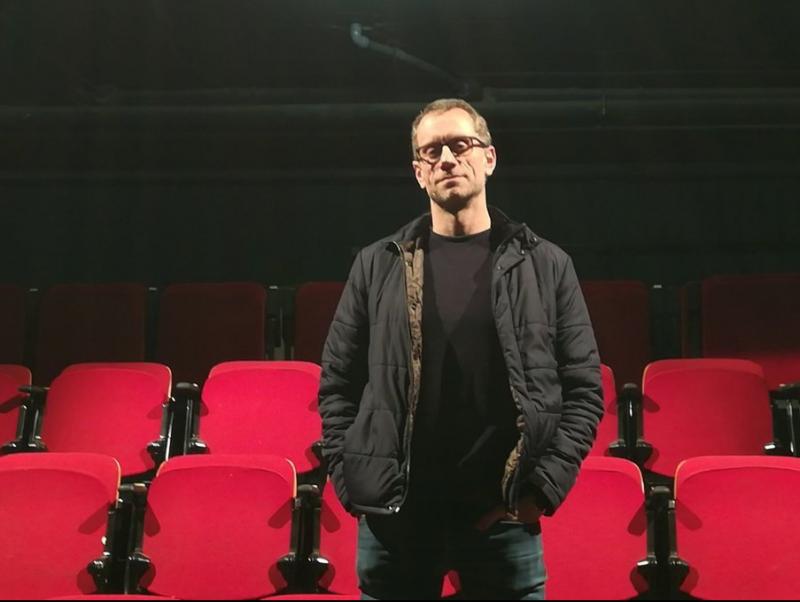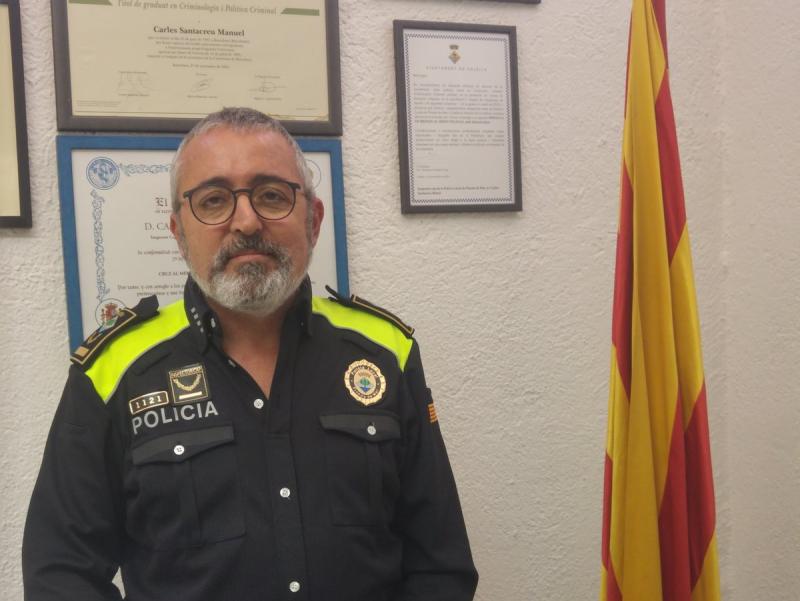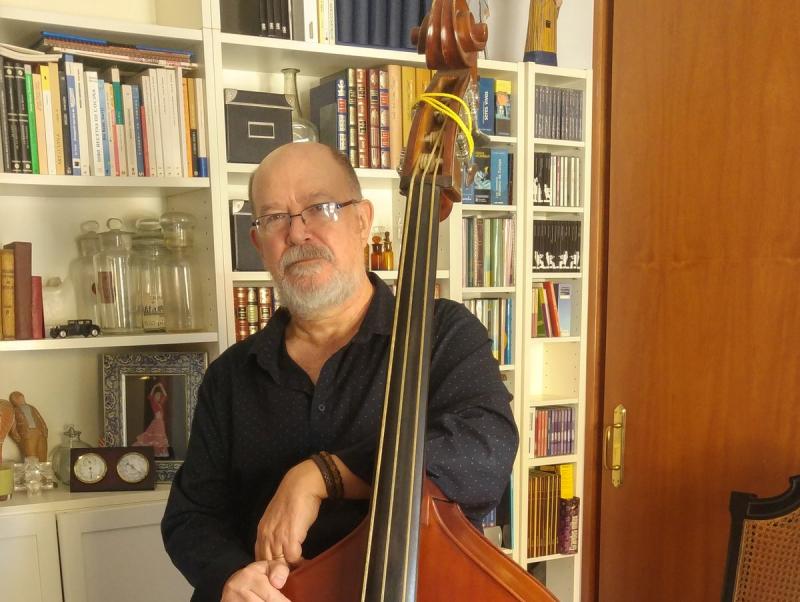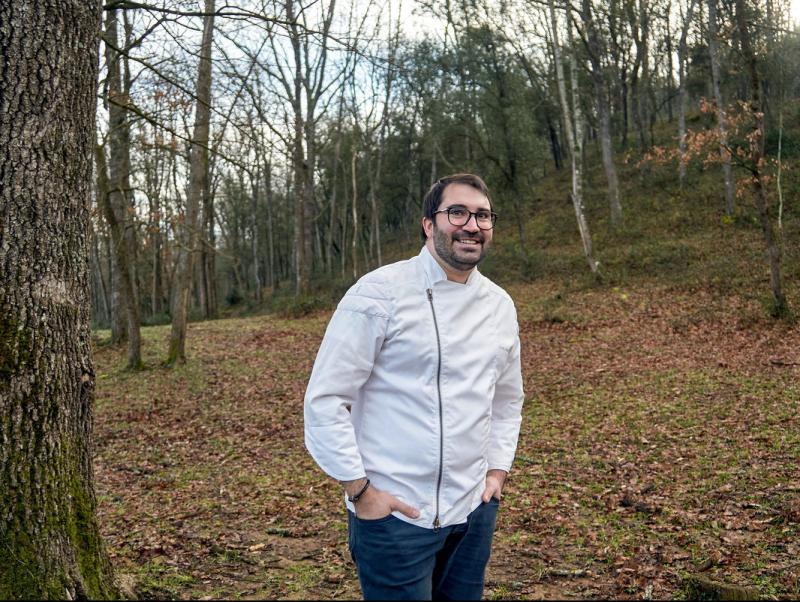Laia Turon
PHYSIOTHERAPIST
“I cried a lot and I’m afraid all this will come back, but I would do it again”
ON WAKING UP “They asked why their relatives were not coming. How do you tell them that there’s a global pandemic and that everyone is at home?”
Laia Turon has seen Covid-19 and its devastating effects up close. She suffered from the outbreak in March and had only become a mother for the first time a few months earlier. “I was returning from my maternity leave on March 9 and four days later we were locked down,” recalls Laia, who works in the Traffic Accident Rehabilitation Department at Santa Caterina Hospital in Salt.
“I couldn’t believe it. Suddenly I was looking for masks and wearing one seven days a week,” she says. She had to make a risky professional decision: “Our boss asked who wanted to go to the ICU and I offered,” she says, adding: “It was a time when people needed help. I wanted to do my bit.” Laia worked with Covid patients in very hard physical and psychological conditions for over a month.
“Everything was very new and no one knew very well how to treat the disease. We were taking things day-by-day, making decisions from day-to-day,” says the 32-year-old, whose professional and personal lives have been deeply marked by the virus. “I wasn’t afraid. I liked to think that being young, if I got infected then nothing would happen to me. But I worried about bringing the virus home . I have a six-month-old girl, who my parents were taking care of,” she says. Clearly the risk was there. And that is why Laia took plenty of precautions. “I took care every step of the way. It took me 20 minutes to get dressed and undressed,” she says.
The experience has left her with tough memories, a price paid by anyone on the front line. “I would cry a lot. Everything made you feel insecure. You don’t know if you can help, if the patients will still be there the next day....” Laia remembers with emotion more than a dozen patients who did not recover. “I could only relax when I got home. But in the hospital, I tried to protect myself. It didn’t think it was affecting me that much. I focused a lot on the work, but when I got home I thought: ‘My goodness, what have I been through today’. Being at home was also like a luxury, thinking about how bad the patients had it,” she explains.
Turon has stories of cases that ended well, and others that did not. She says that Covid revealed examples of human strength and also weakness. “I treated the father of a lifelong friend. I met him the first day in the ICU, when he was sedated. When he woke up I told him who I was and he recognised me. He believed his grandchildren were dead and had no desire to live. But I showed him videos of his grandchildren and told him they were waiting for him. Knowing the truth, being aware, he reacted and changed his mentality. I think I gave him strength and encouragement,” she says.
Making patients understand where they were and why was very complicated at first, in March and April. Laia also experienced this first hand: “they asked why their relatives were not coming to see them. How do you tell them that there’s a global pandemic and that everyone’s at home?” she says. This type of situation did not only happen with elderly patients in the hospital. “When people came in at the beginning, it all still hadn’t exploded. When they woke up, I told them that they had pneumonia and that it could spread, but I didn’t tell them the truth. I gave them the light version and I also had to justify to them why they were so protected there,” says the physiotherapist.
With some perspective, Laia has a positive view of her personal efforts and those of her peers in the midst of a health emergency, which brought her into contact with death. “It was very hard. I never would have thought I’d experience such a situation. I was surprised that all my workmates responded so well. It brought us all together”, says Laia, who is still uncertain about how the pandemic will evolve. “When I saw that there could be more lockdowns, the world fell in on me. I’m afraid all this will come back, but I’d do it again because despite the fear I think it’s worth helping. We health workers carry that inside,” she says. However, she has a final request about preventing the drama from becoming more pronounced: “Individual and collective responsibility is very important. Young people are strong, but they also need to take action. They have to look after everyone,” she says.
COVID STORIES

